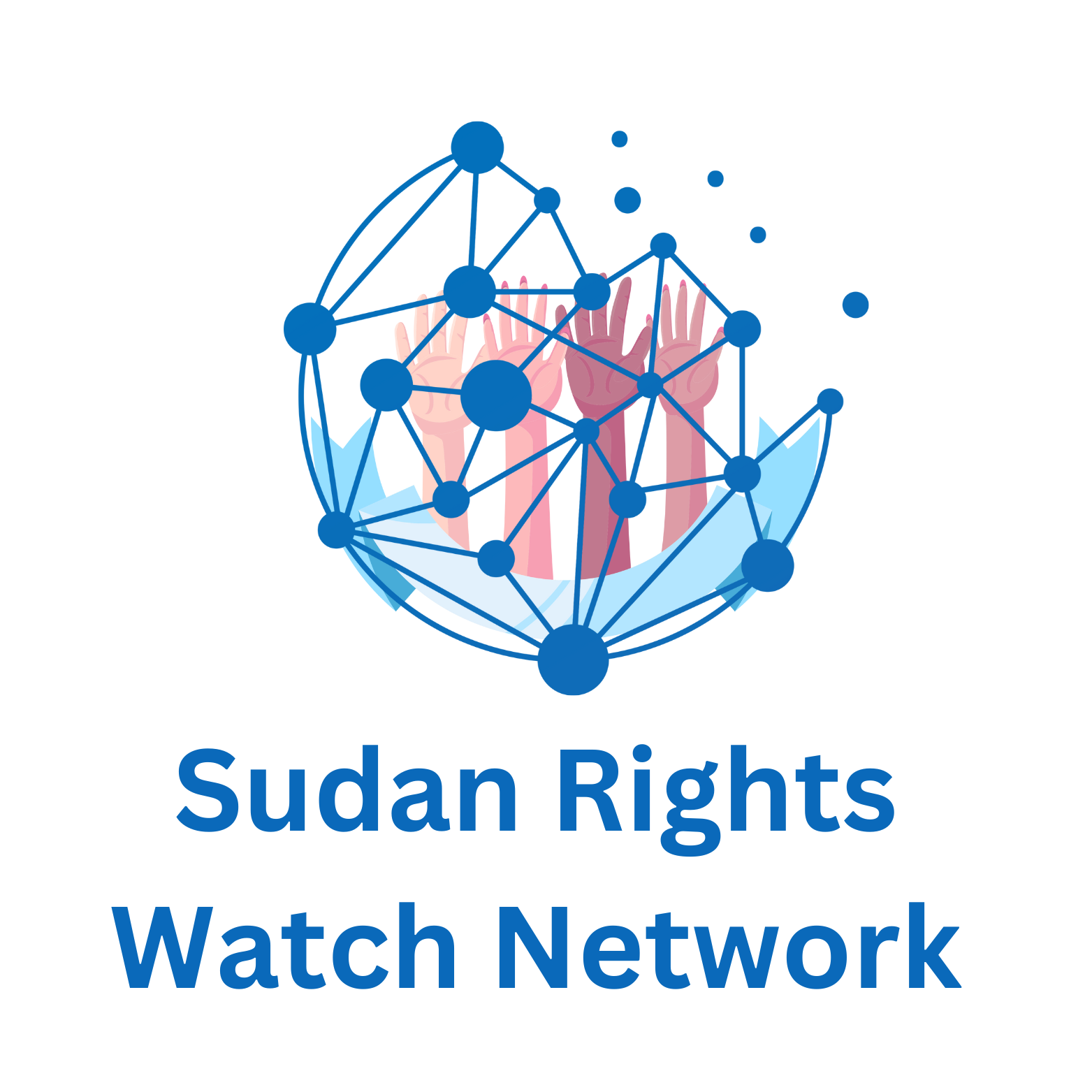Extended Report | August 25, 2025, Nyala
South Darfur is experiencing a severely worsening cholera outbreak, with the cumulative number of confirmed cases since May 27 rising to 2,838, including 156 deaths, according to local reports. Although these figures reflect the scale of the health disaster, they also reveal the failure of the official and voluntary response and the weakness of the health system’s infrastructure to contain an outbreak that could be contained using known means.
Wide Geographic Spread:
According to the monitoring of Sudan Rights Watch Network through its field coordinator in South Darfur, as of August 23, the new cases, amounting to 88 cases and 5 deaths in a single day, were distributed across multiple localities, most notably Nyala North and South, and Balil, in addition to new outbreaks in East Jebel Marra, Kass, Al-Salam, and Nitega. This map indicates that the epidemic is no longer confined to major cities, but has spread to rural areas, camps, and displacement areas. This increases its severity, given the fragility of health services there and the lack of water and sanitation infrastructure.
Disparities between localities:
The cumulative tally reveals the widespread geographic spread of the epidemic, reflecting the general failure to control epidemics. It is also noted that the epidemic is concentrated in major cities and localities, despite the fact that these areas are supposed to have greater access to hospitals and health centers compared to peripheral areas. Nyala North locality recorded 809 cases and 42 deaths, Nyala South 740 cases and 38 deaths, Beleil 719 cases and 47 deaths, Al-Salam 276 cases and 8 deaths, East Jebel Marra 151 cases and 8 deaths, Mershing 54 cases and 7 deaths, Ad Al-Fursan 10 cases and 3 deaths, Ntega 7 cases and 47 deaths, and Kass locality 72 cases and 3 deaths.
A Double Humanitarian Crisis:
The cholera outbreak intersects with conditions of mass displacement and the collapse of basic services due to the ongoing April war. Many of the cases have come from camps and the most vulnerable areas, such as Kalma and Al-Salam camps, where families lack access to clean water and rely on contaminated sources. This correlation reflects the neglect and lack of public attention to the health crisis, as displaced people and the poor are left to face epidemics with little protection, while authorities and parties are preoccupied with their military and political conflicts.
Although cholera is a well-known epidemic with well-established transmission and prevention methods, the continued recording of dozens of cases daily reveals the absence of rapid response strategies, such as the provision of safe drinking water and disinfectants, the activation of early warning and quarantine systems, and intensive awareness campaigns in affected areas. The absence of these measures reflects a complete collapse of the health system, and that health authorities have not moved beyond monitoring and statistics to actual intervention to save lives.
In light of this worsening health crisis, particularly the outbreak of cholera, the network calls for and recommends the following:
First: On the health and humanitarian level:
- The urgent need to provide safe drinking water through free distribution points in affected neighborhoods and displacement camps, to cut off the black market that fuels the spread of the disease.
- The need to launch health awareness campaigns using local radio and simple media to educate the population on prevention methods (boiling water, hand washing, and home isolation).
- It is necessary to strengthen the capacity of health centers in all cities and localities of the state by providing oral rehydration solutions, antibiotics, and serums, rather than relying solely on daily statistics.
- It is necessary to deploy mobile rapid response teams in villages and outlying camps to detect cases early and isolate them.
Second: At the political and administrative level:
- End the politicization of the health and humanitarian crisis and ensure that humanitarian aid reaches all areas without discrimination or subjection to political loyalties or military control.
- Restore the reputation of health authorities as an independent civilian body, separate from the conflicts of the warring parties, so that the disease does not become a bargaining chip.
- Involve local communities (neighborhood committees, displaced persons, traditional leaders) in response plans, as they are the first line of defense.
Third: At the economic level:
- Support access to clean water by repairing damaged water networks and drilling safe wells to prevent reliance on contaminated sources.
- Breaking the epidemic economy by organizing official, popular, or UN campaigns to provide free medicine and water in affected areas, and stopping the exploitation of citizens’ needs.
Fourth: At the international level:
- Expanding the scope of the humanitarian response through direct UN intervention, bypassing the slow pace of traditional organizations, using rapid emergency mechanisms.
- Providing urgent funding for an independent special health fund for Darfur, under the supervision of independent organizations, to ensure that aid is not politicized or looted.
- Diplomatic pressure on the parties to the conflict to facilitate unimpeded access for medical and humanitarian convoys.
State Failure to Protect:
Sudan Rights Watch Network emphasizes that the announced figures regarding the cholera outbreak in South Darfur are not merely health data. They are an indicator of the state’s failure to perform its most basic functions towards its citizens, and a manifestation of the structural collapse of the health system under the weight of war and neglect. Allowing a controllable epidemic to spread at this pace means that death has become a part of daily life, and civilians face the risk of slowly annihilating themselves amid a complete lack of accountability.
The network emphasizes that confronting this crisis requires a combination of urgent intervention to reduce daily deaths and structural reform to ensure that cholera does not become an annual season. Without genuine political will and humanitarian responsibility, civilians across the region will continue to die in silence, caught between the bullets of war, the toxins of contaminated water, the lack of healthcare services, and the effects of a famine.
